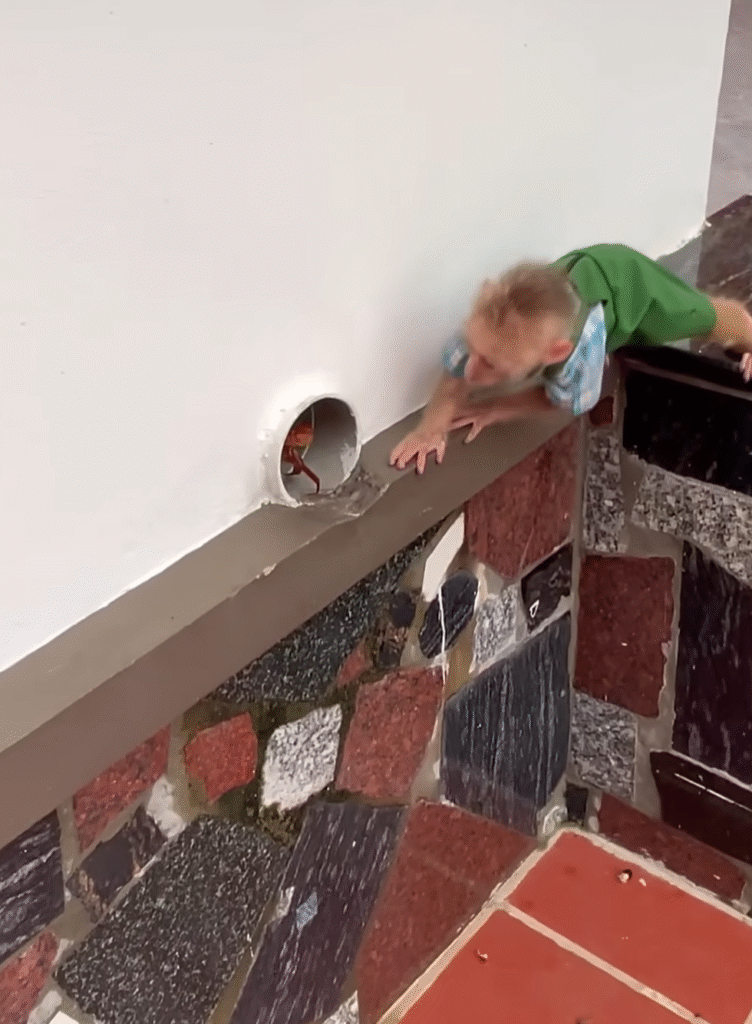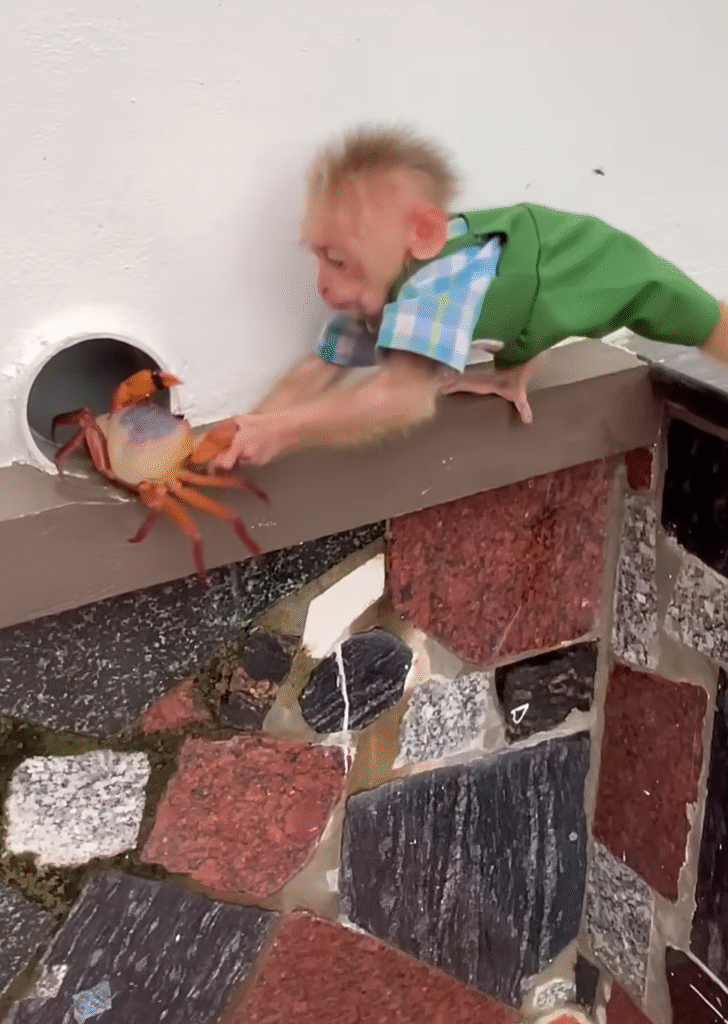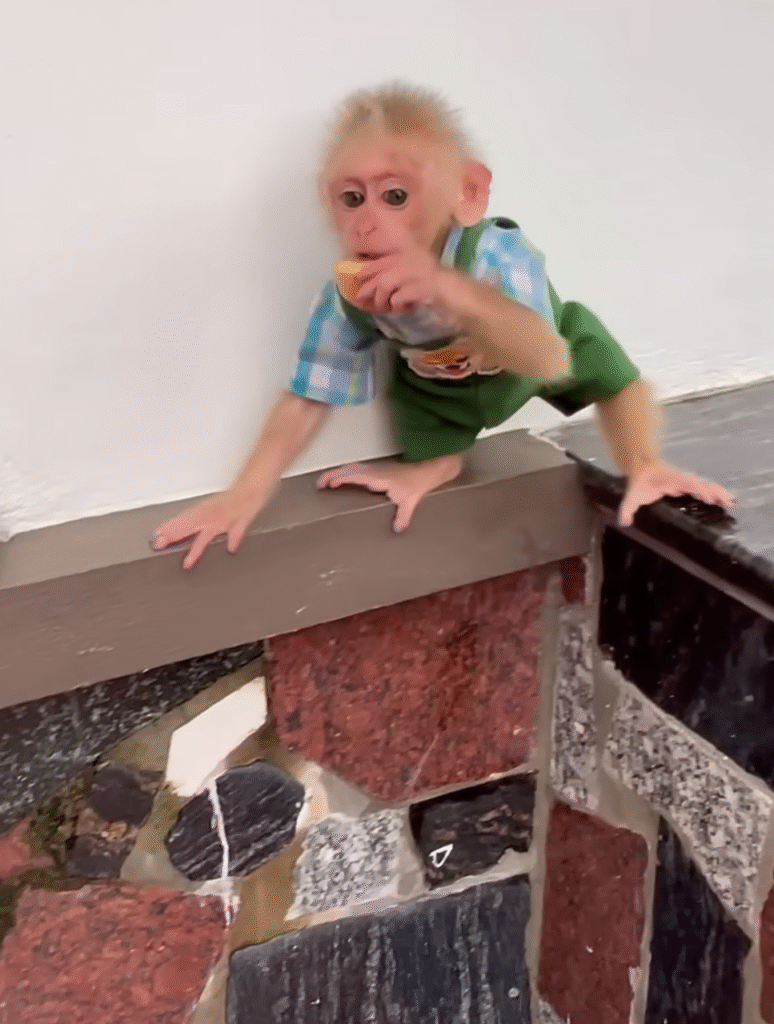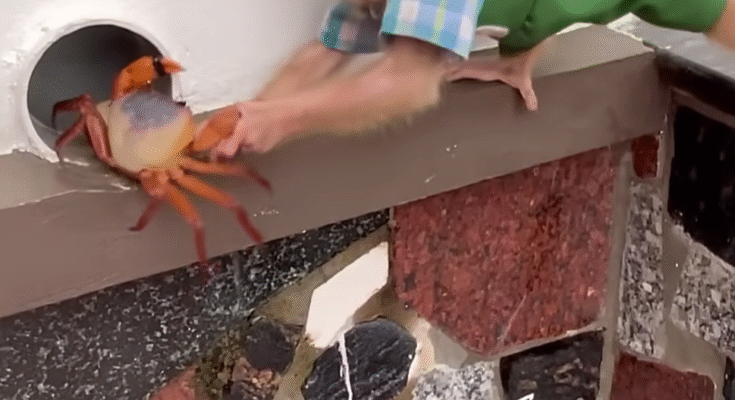In the heart of a lush green jungle, where sunlight danced through the leaves and streams sang their endless songs, lived a monkey named Miko. From the day he was born, everyone could tell Miko was different. His eyes were always alert, full of questions. He didn’t just play — he watched, learned, and thought.
While the other young monkeys chased butterflies and swung carelessly from trees, Miko sat quietly, observing how the vines bent under weight, how birds built their nests, and how ants carried food in perfect lines. He was curious about everything.
The older monkeys used to laugh at him. “Miko, why don’t you play?” they’d tease.
But Miko would grin and say, “I’m playing with my brain!”
And oh, how clever that little monkey was.

One morning, while the troop was gathering fruit, Miko noticed something. The mangoes on the lower branches were all gone, but the ripest ones — golden and juicy — hung high above, just out of reach. The others jumped and stretched, but the fruits were too high.
“Forget it, Miko,” one monkey said, wiping sweat from his brow. “Those mangoes are for the birds.”
But Miko squinted up, tapping his chin. Then he smiled. “Not for long.”
He ran off and came back with a long stick he had found near the river. The troop stared as Miko climbed halfway up the tree, positioned himself carefully, and started using the stick to knock the mangoes down. One by one, the fruits fell with soft thuds.
The monkeys cheered. “How did you think of that?”
Miko shrugged, grinning proudly. “I watched the humans. They use tools all the time.”
That was the first time the troop realized just how smart Miko was.

From then on, everyone came to him for help. If a young monkey couldn’t open a nut, Miko showed him how to use a rock to crack it. When the river flooded their path, Miko found fallen logs and built a bridge from one side to the other.
Even the jungle birds and squirrels began to admire him. “Miko always finds a way,” they said. “He’s the cleverest creature in the whole forest.”
But being smart sometimes made Miko feel lonely. The other monkeys played together while he sat thinking, inventing new tricks, or studying how the world worked. He loved learning, but sometimes, he wished someone understood him.

One afternoon, something strange happened. The jungle fell quiet — too quiet. Not a bird sang, not a leaf rustled. Then came a rumbling sound from the ground. The elephants trumpeted in fear, and the monkeys scrambled up the trees.
“Humans!” one of the elders shouted.
Down below, a group of humans entered the clearing with ropes and cages. They were hunters — catching wild animals for trade. The monkeys hid in the treetops, trembling.
But Miko stayed still, watching.
He noticed something: the humans set a trap with bananas inside a wooden cage. The door was held open by a stick tied to a string. Miko’s mind worked fast. He whispered to his friends, “Don’t go near that fruit. They want to catch us.”
But one of the younger monkeys, too hungry to resist, jumped down and reached for the banana. The moment he grabbed it — snap! — the door slammed shut.
The baby monkey screamed. The hunters cheered.
Miko’s heart raced. He couldn’t let them take his friend.
That night, while the humans sat by the fire eating their dinner, Miko crept closer. His sharp eyes studied the cage carefully. He noticed how the latch worked — a simple loop of rope tied through a metal ring.
Slowly, quietly, Miko reached through the bars with a small stick he’d picked up earlier. Using it like a hook, he tugged at the rope. It didn’t move at first, but he didn’t give up. With a few twists, he loosened it enough to pull it free.
The latch fell open with a soft click.
The little monkey slipped out, eyes wide with disbelief. “Miko! You did it!”
“Shh!” Miko whispered, grinning. “Now let’s get everyone out of here.”
They sneaked through the shadows, untying knots, opening traps, freeing parrots, squirrels, and even a frightened baby deer. By dawn, the humans awoke to find their cages empty and tracks leading back into the jungle.
The animals were safe — all thanks to one clever little monkey.
From that day on, Miko became a hero. The monkeys no longer teased him. They followed him, trusted him, and even learned from him. Miko didn’t just want to be clever — he wanted to use his smarts to help others.
He began teaching the young ones how to think creatively. “If a branch is too high, make a tool. If there’s danger, look for patterns. The world always has answers — you just have to see them.”
His lessons spread far and wide. Soon, the jungle became safer and stronger. The monkeys built better nests, found clever ways to store food, and learned to work together.
Even the old monkey chief said, “Miko, you have the sharpest mind I’ve ever seen. You don’t just make life easier — you make it better.”
But Miko’s cleverness didn’t stop there.
One dry season, a terrible drought hit the jungle. The rivers shrank, and the ponds dried up. The animals were thirsty and desperate. Many left the forest in search of water.
Miko, however, refused to give up. He climbed the tallest tree and looked far across the horizon. He saw that the old riverbed still had wet soil underneath. That gave him an idea.
He gathered the monkeys. “We’ll dig here,” he said, pointing to the riverbed.
The others doubted him. “Dig? There’s no water left!”
But Miko insisted. “If we dig deep enough, we’ll find it.”
So, with sticks and stones, they dug. For hours, they worked under the hot sun, until finally — splash! — water bubbled up from beneath the ground.
The monkeys jumped and cheered, splashing their faces and drinking eagerly. Soon, other animals joined them — deer, birds, elephants — all drinking from the little well Miko had discovered.
The jungle came alive again.
“Miko saved us,” said the chief proudly. “The monkey is so smart — smarter than all of us combined.”
As the seasons passed, Miko became a legend. Young animals would gather around him, listening to his stories of bravery and clever thinking. But Miko never bragged. He always said, “Being smart doesn’t mean knowing everything. It means never stopping to learn.”
He taught them curiosity — how to watch, listen, and think.
He taught them kindness — how to use their cleverness not for pride, but for helping others.
And he taught them courage — because sometimes, the smartest choice is also the hardest one.
One day, as Miko sat beneath his favorite tree, the sky painted orange by sunset, the young monkeys crowded around him.
“Miko,” one asked, “how did you learn to be so smart?”
Miko smiled, looking up at the stars just beginning to shine. “Because the jungle taught me,” he said softly. “Every sound, every mistake, every challenge — I learned from it. The world is the best teacher you can have.”
He looked around at their eager faces and felt proud. His work was done. The next generation of thinkers had begun.
As the night deepened, the monkeys curled up in the trees, safe and peaceful. The moonlight bathed the forest in silver, and somewhere in the shadows, Miko’s wise eyes gleamed — always watching, always learning.
And though he was just a little monkey in a big jungle, everyone who knew him would always say the same thing, with admiration and love:
“That monkey is so smart.” 🌙🐒💫



